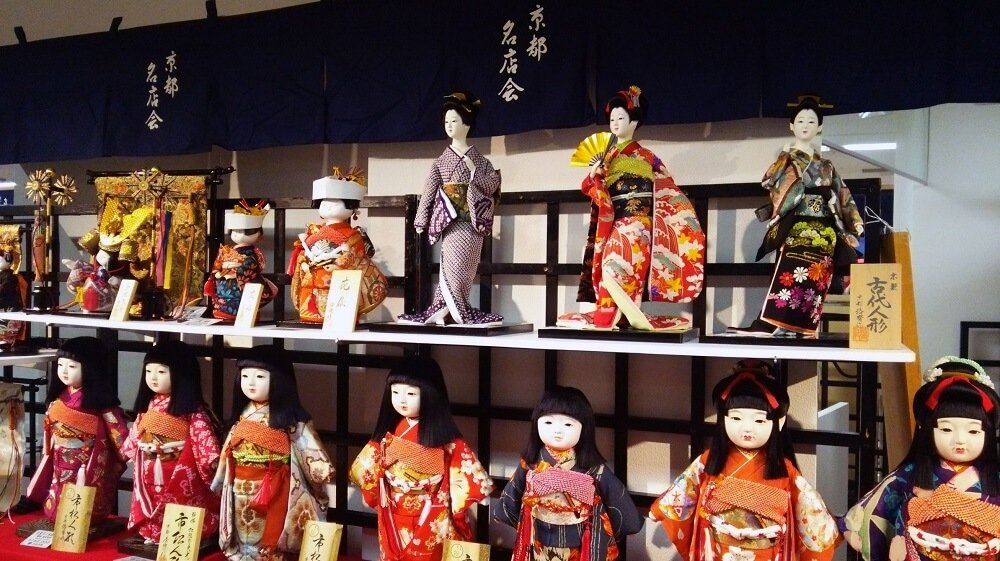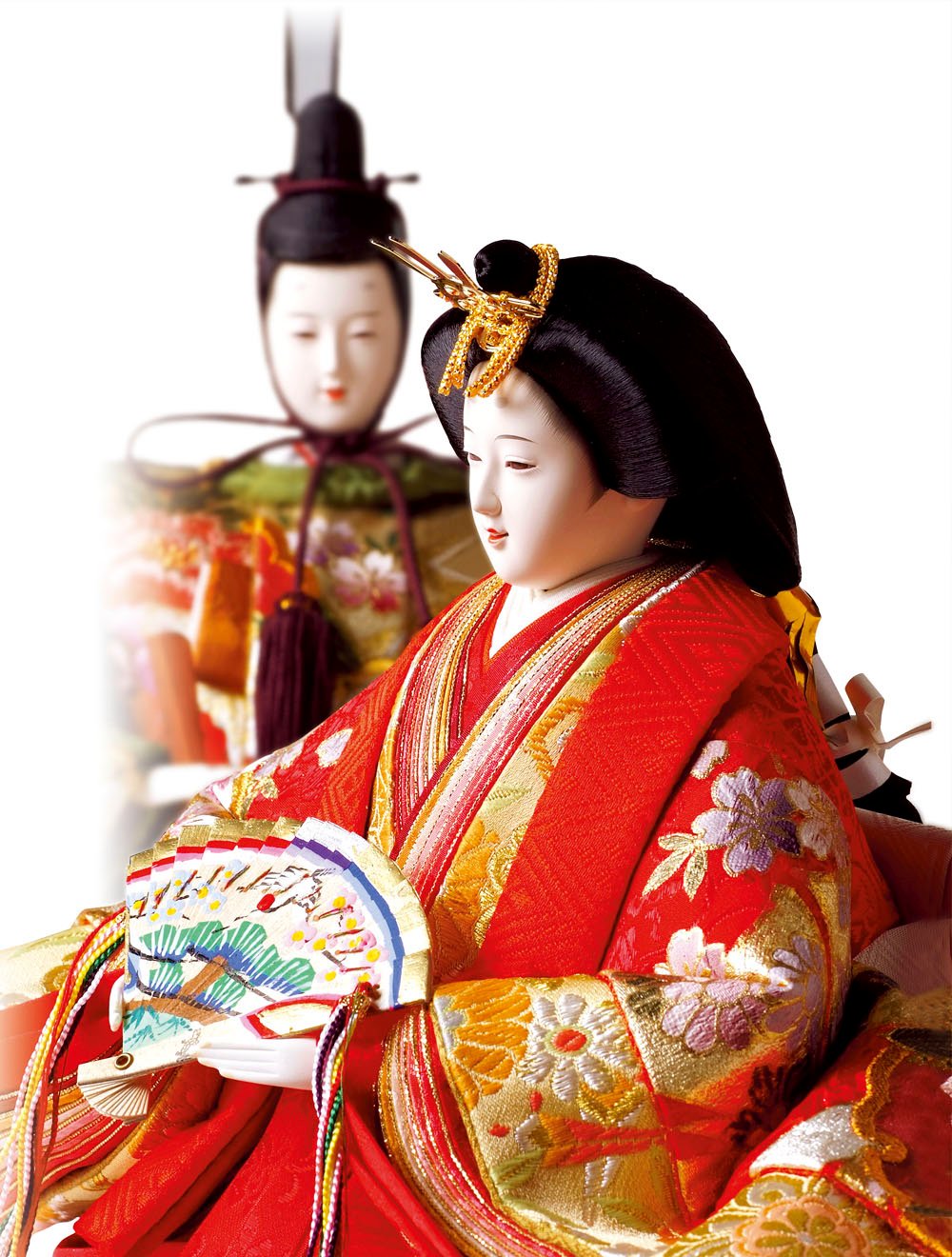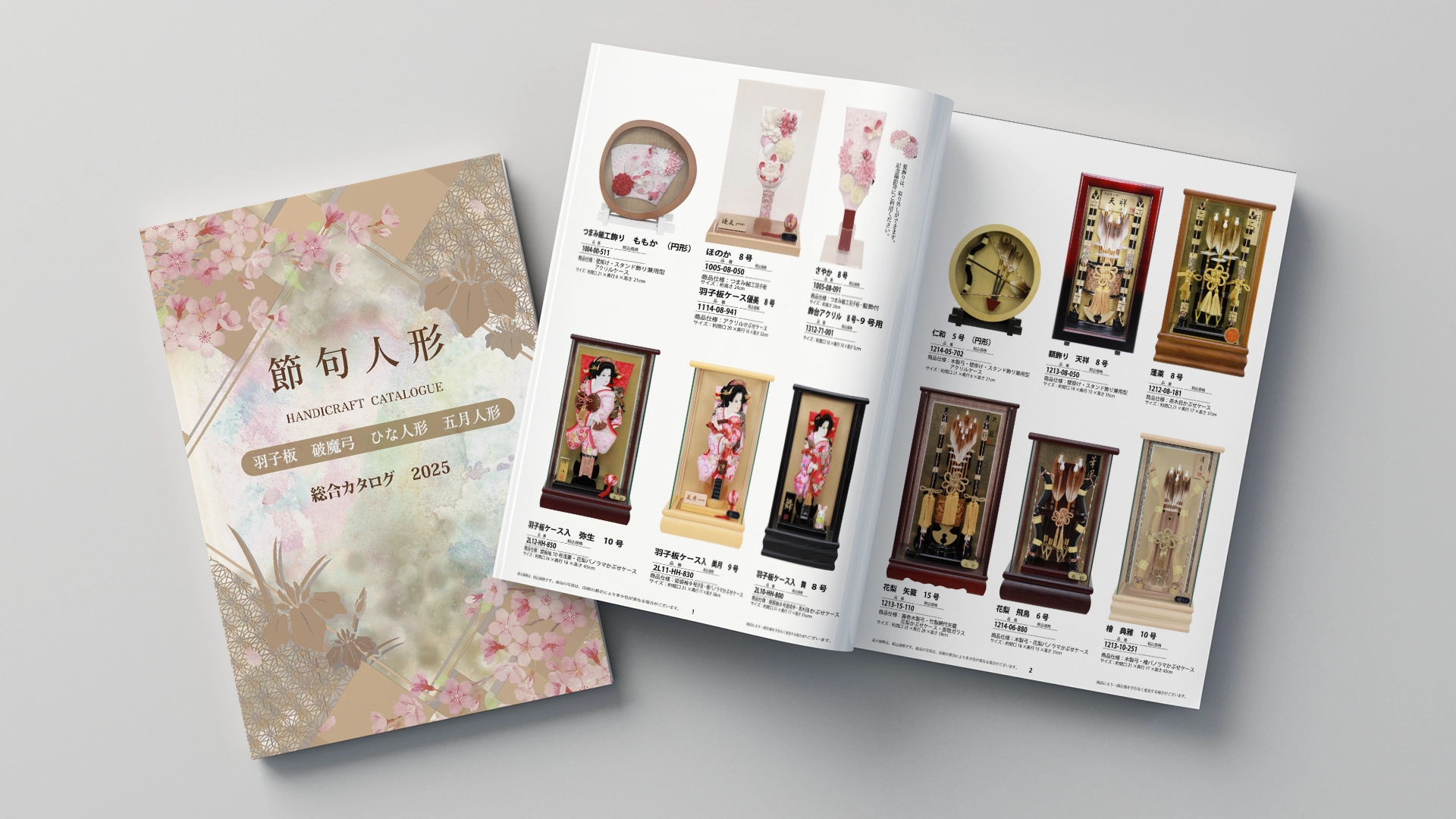Industry News, News
Exploring Japan Wholesale Suppliers: Your Guide to Sourcing Quality Products Directly from Japan
Sourcing products from Japan can be a game-changer for businesses looking to stand out in today’s competitive market. The country’s rich heritage of craftsmanship, combined with modern innovation, results in a wide array of high-quality goods. This article will guide you through finding and working with Japan wholesale suppliers, helping you tap into unique offerings that can elevate your product lineup and satisfy your customers.
Key Takeaways
- Japan is known for high-quality products that can enhance your brand’s reputation.
- Building long-term relationships with Japanese suppliers can lead to better business opportunities.
- Researching suppliers thoroughly helps ensure reliability and quality.
- Understanding import regulations is crucial for smooth transactions.
- Utilizing online platforms and trade shows can help you connect with potential suppliers.
Understanding The Japanese Wholesale Market
Overview of Japan’s Wholesale Industry
The wholesale industry in Japan is a big deal, contributing significantly to the country’s economy. It’s not just about moving products from manufacturers to retailers; it’s a complex system that includes logistics, storage, and even repackaging. Wholesalers play a vital role in supporting the retail sector, especially smaller, independent stores.
- Wholesalers manage supply and sales efficiently.
- They handle orders and inventory meticulously.
- Storage and logistics are streamlined by wholesalers.
Japan’s retail landscape is fragmented, with many small stores needing support in managing inventory and logistics. Wholesalers step in to fill this gap, ensuring these retailers can offer a wide variety of products without needing large storage spaces.
Key Players in the Market
Navigating the Japanese wholesale market means knowing who the major players are. You’ve got large wholesalers, retailers doing direct imports, and specialized international chains. Each has its way of operating, so understanding their roles is key. For example, when looking for wholesale Hina dolls, consider suppliers like Fujiki Crafts, known for their quality and tradition.
- Large Wholesalers: These companies, like Mitsubishi Foods, handle a huge volume of goods and work with many retailers.
- Retailers with Direct Import: Chains such as AEON are increasingly importing directly, cutting out the middleman.
- International Grocery Chains: SEIJO ISHI and KALDI are great for introducing international products to the Japanese market.

Wholesale Hina Dolls
Market Trends and Opportunities
The Japanese wholesale market is always changing. One big trend is the move toward direct import by retailers, but wholesalers still hold a lot of power. There are also opportunities in niche markets and specialized products. Keep an eye on these trends to stay ahead.
- E-commerce Growth: Online B2B platforms are becoming more popular for sourcing wholesale goods.
- Demand for Unique Products: Consumers are looking for unique, high-quality items, creating opportunities for specialized suppliers.
- Focus on Sustainability: There’s a growing interest in eco-friendly and ethically sourced products.
The market is shifting, but the core need for reliable logistics and efficient distribution remains. Businesses that can adapt to these changes and offer something unique will find success.
Ready to explore the Japanese wholesale market further? Contact us today to discuss your sourcing needs and how we can help you find the right suppliers.
Benefits of Partnering with Japan Wholesale Suppliers
Why source from Japan? It’s more than just access to products; it’s about tapping into a business culture known for quality, reliability, and long-term vision. Let’s explore the advantages of partnering with Japanese wholesale suppliers, especially those like Fujiki Crafts, who specialize in traditional artistry.
High-Quality Products
Japanese manufacturing has a global reputation for excellence, and for good reason. The commitment to quality is deeply ingrained in the culture. This translates to products that are meticulously crafted, durable, and designed to meet the highest standards. When you source from Japan, you’re not just buying goods; you’re investing in a reputation for quality that can enhance your brand.
- Rigorous quality control processes are standard practice.
- Attention to detail is evident in every product.
- Using Japanese products can build customer trust and loyalty.

Japanese manufacturing has a global reputation for excellence
Sourcing high-quality products from Japan can significantly reduce the risk of returns and customer dissatisfaction, ultimately saving you time and money.
Cultural Insights and Unique Offerings
Japan boasts a rich cultural heritage that’s reflected in its diverse range of products. Partnering with suppliers like Fujiki Crafts gives you access to unique items that can’t be found anywhere else. These products often carry a story and a sense of tradition, adding value and appeal for customers seeking something special. Consider the appeal of wholesale traditional Hina dolls for collectors.
- Access to handcrafted goods with cultural significance.
- Opportunity to offer unique and differentiated products.
- Potential to tap into niche markets interested in Japanese culture.
Long-Term Business Relationships
Japanese business culture places a high value on building lasting relationships. When you partner with a Japan wholesale supplier, you’re not just making a transaction; you’re starting a relationship that can grow over time. This can lead to better terms, preferential treatment, and a deeper understanding of your business needs. These relationships are built on trust and mutual respect, creating a stable and reliable supply chain.
- Emphasis on trust and mutual respect.
- Potential for preferential treatment and better terms over time.
- A stable and reliable supply chain.
Ready to explore the possibilities? Contact us today to discuss how partnering with Japanese wholesale suppliers can benefit your business.
How to Identify Reliable Wholesale Suppliers in Japan
Finding the right wholesale supplier in Japan is key to sourcing quality products and building a successful business. It’s not just about finding someone who can sell you goods; it’s about establishing a partnership built on trust and reliability. Let’s explore how to identify reliable suppliers, focusing on export readiness and suitability for business use.
Researching Potential Suppliers
Okay, so you need to find a supplier. Where do you even start? Well, first things first, do your homework. Don’t just jump at the first name you see. Dig a little. A lot. Look beyond the surface to ensure they’re a good fit for your business needs.
- Online Directories: Start with online B2B platforms and industry-specific directories. These can give you a broad overview of potential suppliers.
- Industry Associations: Check with Japanese industry associations related to your product category. They often have lists of members who are reputable suppliers.
- Trade Shows: Attending trade shows in Japan is a great way to meet suppliers face-to-face and assess their products firsthand. More on that later!
It’s important to verify the supplier’s background. Check their registration, business history, and any available customer reviews. A supplier with a long, stable history is generally a safer bet than a brand-new company.
Evaluating Supplier Credentials
Alright, you’ve got a list of potential suppliers. Now it’s time to put on your detective hat and do some digging. You need to make sure these guys are legit and can deliver on their promises. Here’s what to look for:
- Export Licenses: Confirm they have the necessary licenses to export goods from Japan. This is non-negotiable.
- Quality Certifications: Check for certifications relevant to your product category. This shows a commitment to quality control.
- Financial Stability: A financially stable supplier is less likely to have issues fulfilling orders or going out of business unexpectedly.
Building Trust and Communication
Finding a supplier isn’t just about the paperwork and licenses. It’s about building a real relationship. You want someone you can trust, someone who understands your needs, and someone who’s going to be there for you in the long run. Here’s how to build that trust:
- Clear Communication: Be upfront about your expectations and requirements. Use clear, concise language to avoid misunderstandings.
- Regular Updates: Ask for regular updates on your orders and any potential issues. This shows they’re proactive and transparent.
- In-Person Visits: If possible, visit their facilities in Japan. This allows you to see their operations firsthand and build a stronger relationship. Consider visiting Fujiki Crafts to see our handcrafted Hina dolls.
Remember, building trust takes time. Be patient, be respectful, and be willing to invest in the relationship. A strong supplier relationship can be a major asset to your business.
Ready to find reliable suppliers of Japanese goods? Contact us today to explore partnership opportunities!
Top Categories of Products from Japan
Traditional Crafts and Handicrafts: Fujiki Crafts’ Legacy
Japan’s traditional crafts are more than just products; they’re pieces of art with a story. These items often hold significant cultural value, making them attractive to niche markets and collectors. Consider these points when sourcing:
- Authenticity: Verify the origin and craftsmanship to ensure genuine products.
- Market Demand: Research which crafts resonate with your target audience.
- Supplier Reputation: Partner with established suppliers known for quality, like Fujiki Crafts, specializing in items like Kabuto helmets.
Sourcing traditional crafts requires a keen eye for detail and a respect for the artistry involved. Look for suppliers who are transparent about their processes and can provide documentation of authenticity.
Electronics and Technology
Japan remains a global leader in electronics and technology. Sourcing from Japan gives you access to cutting-edge products and reliable quality. Here’s what to keep in mind:
- Innovation: Focus on products with unique features and advanced technology.
- Quality Control: Japanese manufacturers are known for their strict quality standards.
- Compliance: Ensure products meet international safety and regulatory requirements.
Fashion and Lifestyle Products
Japanese fashion blends tradition with modern trends, offering unique and stylish products. Here’s a quick guide:
- Denim: Japanese denim is highly regarded for its durability and craftsmanship.
- Streetwear: Explore the latest trends in Japanese streetwear.
- Accessories: Source unique accessories that reflect Japanese aesthetics.
Interested in exploring these categories further? Contact us today to discuss your sourcing needs and how we can help you find the right suppliers.
Navigating the Sourcing Process
Steps to Successful Sourcing
So, you’re ready to source products directly from Japan? Great! It can seem like a lot, but breaking it down makes it manageable. Here’s a simple guide to get you started:
- Define Your Product Needs: What exactly are you looking for? Be specific. Are you after wholesale Hina dolls from Fujiki Crafts, electronics, or something else? Knowing your niche is the first step.
- Market Research: Understand the Japanese market. What’s trending? What are the price points? Look at successful retailers for inspiration.
- Supplier Identification: Find potential suppliers. Online platforms, trade shows, and industry contacts are all good places to start. JETRO (Japan External Trade Organization) can also be a big help.
- Vetting and Verification: Don’t skip this! Check supplier credentials, certifications, and references. Due diligence is key to avoiding problems down the road.
- Sample Ordering: Always order samples before committing to a large order. This allows you to check the quality and ensure it meets your standards.
- Negotiation: Negotiate pricing, payment terms, and shipping arrangements. Be clear about your expectations and build a mutually beneficial agreement.
- Quality Control: Implement quality control measures throughout the production process. This can include inspections at the factory and upon arrival.
Understanding Import Regulations
Import regulations can be tricky, but they’re a must-know. Each country has its own rules, so do your homework. Here’s a quick rundown:
- Customs Compliance: Understand the import duties, taxes, and tariffs that apply to your products. Work with a customs broker to ensure compliance.
- Product Standards: Make sure your products meet the safety and quality standards of your destination market. This might involve certifications or testing.
- Documentation: Prepare all necessary documentation, including invoices, packing lists, and certificates of origin. Incomplete paperwork can cause delays and penalties.
- Labeling Requirements: Check labeling requirements for your products. This might include country of origin, materials, and care instructions.
It’s always a good idea to consult with import/export specialists. Regulations change, and they can help you stay compliant and avoid costly mistakes. They can also help you understand the nuances of dealing with Japanese suppliers.
Managing Logistics and Shipping
Getting your products from Japan to your warehouse is the final piece of the puzzle. Here’s how to handle logistics and shipping:
- Shipping Options: Compare different shipping options, such as sea freight, air freight, and express courier. Consider cost, speed, and reliability.
- Packaging: Ensure your products are properly packaged to prevent damage during transit. Use sturdy boxes, cushioning materials, and clear labeling.
- Insurance: Purchase shipping insurance to protect against loss or damage. This can provide peace of mind and financial protection.
- Tracking: Use tracking services to monitor your shipments and stay informed about their progress. This allows you to anticipate delays and keep your customers updated.
Ready to start sourcing high-quality Japanese Hagoita crafts and other unique products? Contact us today to learn how we can help you streamline the sourcing process and build successful partnerships with Japanese suppliers.
Tips for Successful Collaboration with Suppliers
Effective Communication Strategies
Communication is really important when working with any supplier, but especially when there are cultural or language differences. Here’s how to make sure everyone’s on the same page:
- Use clear, simple language: Avoid jargon and be direct. It helps prevent misunderstandings.
- Confirm understanding: Ask suppliers to repeat back key information or decisions. This ensures they understood correctly.
- Be patient: Language barriers can take time to work through. Allow extra time for communication.
Remember that building a strong relationship takes time. Be respectful of cultural differences and show a genuine interest in your supplier’s business. This can lead to better communication and a more successful partnership.
Quality Control Practices
While Japanese products are known for their high quality, it’s still important to have quality control measures in place. Here’s what to do:
- Set clear expectations: Provide detailed specifications and quality standards upfront. This gives the supplier a clear target.
- Conduct inspections: Perform inspections at various stages of production. Catching issues early saves time and money.
- Address issues promptly: If you find a problem, communicate it to the supplier right away. Work together to find a solution.
Negotiating Terms and Conditions
Negotiating favorable terms is key to a successful partnership. Here’s how to approach it:
- Do your research: Understand market prices and industry standards. This gives you leverage in negotiations.
- Be prepared to compromise: Negotiations are about finding a win-win solution. Be willing to give and take.
- Get everything in writing: Make sure all agreed-upon terms are documented in a contract. This protects both parties.
When sourcing wholesale Chōchin Japanese lanterns from suppliers like Fujiki Crafts, remember that building trust and open communication are key. By following these tips, you can establish strong, lasting relationships that benefit your business. Consider becoming a Fujiki Crafts distributor to expand your business.
Exploring Online Platforms for Sourcing
Popular B2B Marketplaces
Online B2B marketplaces are a great starting point when you’re looking to source wholesale products from Japan. These platforms bring together a huge number of suppliers, making it easier to compare products, prices, and supplier credentials. However, it’s important to do your homework. Not all platforms are created equal, and verifying the legitimacy of suppliers is key.
- Alibaba: A global marketplace with a significant presence of Japanese suppliers. Offers a wide range of products, but requires careful vetting of suppliers.
- Rakuten: A popular Japanese e-commerce platform with a B2B section. Good for finding smaller, specialized suppliers.
- Amazon Japan: Similar to Rakuten, Amazon Japan can be a source for finding Japanese wholesalers, especially for consumer goods.
When using these platforms, always check for supplier verification badges, read reviews carefully, and don’t hesitate to ask for samples before placing a large order. It’s also a good idea to use secure payment methods offered by the platform to protect your business.
Utilizing Trade Shows and Expos
While physical trade shows offer in-person interaction, many organizers now provide online platforms that mirror the experience. These virtual events can be a cost-effective way to connect with suppliers without the expense of travel. You can often view product demos, download catalogs, and participate in live Q&A sessions.
Here’s how to make the most of online trade shows:
- Register in advance: This gives you access to the event platform and any pre-event materials.
- Create a schedule: Plan which virtual booths you want to visit and which webinars you want to attend.
- Prepare your questions: Have a list of questions ready to ask suppliers about their products, pricing, and export capabilities.
Leveraging Social Media for Connections
Social media can be a surprisingly effective tool for finding and connecting with Japanese wholesale suppliers. Platforms like LinkedIn, Instagram, and even Facebook can help you discover smaller, niche suppliers who may not be present on the larger B2B marketplaces. It’s also a good way to see what products are trending and get a sense of a supplier’s brand and values.
- LinkedIn: Search for Japanese manufacturers or wholesalers in your industry. Join relevant groups and participate in discussions.
- Instagram: Use hashtags to find suppliers of specific products. Look for suppliers who post high-quality photos and videos of their products.
- Facebook: While less common for B2B, some Japanese suppliers may have a presence on Facebook. It’s worth checking to see if you can find any leads.
Remember to always approach suppliers professionally and be clear about your business needs. Building trust is key, even in the online world. If you’re looking for traditional Japanese crafts, social media can be a great place to start.
Ready to explore sourcing authentic Hina dolls from Japan? Contact us today to learn how we can help you find reliable suppliers and navigate the sourcing process.
When looking for the best online places to find products, it’s important to explore your options. Many websites offer unique items that can help you stand out. If you want to learn more about sourcing products online, visit our website for helpful tips and resources!
Wrapping It Up
So, there you have it! Sourcing wholesale products from Japan can give your business a boost. With a focus on quality and unique offerings, Japan wholesale suppliers can help you stand out in a crowded market. Just remember to do your homework, communicate clearly, and build those relationships. If you’re ready to dive in, don’t hesitate to reach out to trusted suppliers. They’re eager to help you find exactly what you need. Happy sourcing!
Explore more: Exploring the Best Wholesale Suppliers in Japan for Your Business Needs







